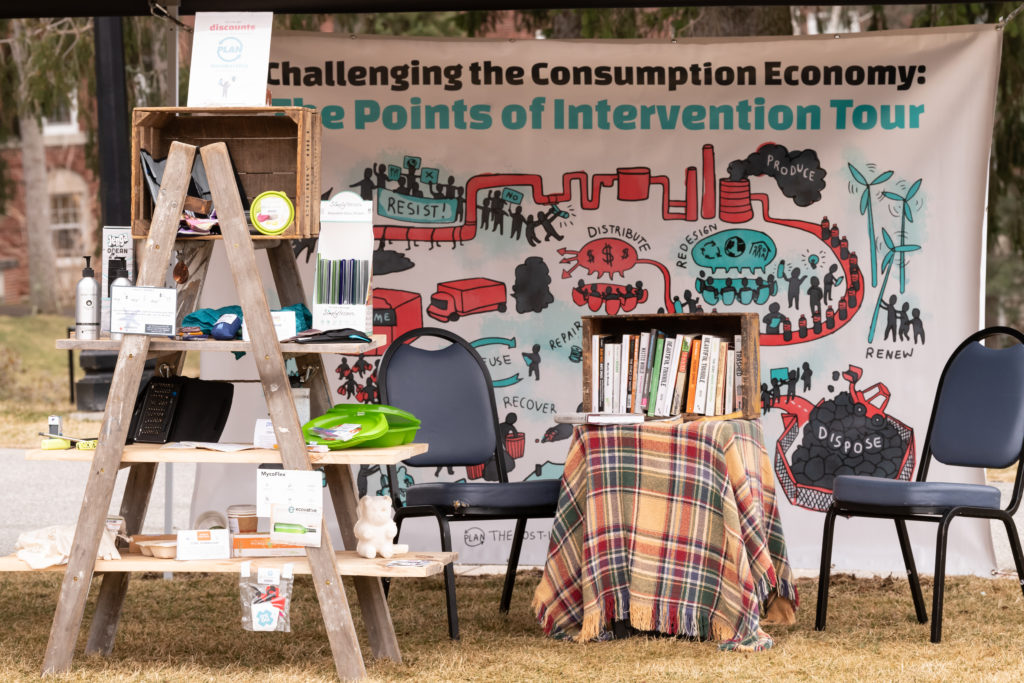
Kevin Johnson graduated from Holy Cross in 2019 with a double major in Economics and Environmental Studies. During the summer after his sophomore year, he volunteered at Association to Preserve Cape Cod, where he studied cyanobacteria and algal blooms in Cape Cod ponds. The next summer, he interned for the association and upon graduating, he took over a leadership position at APCC. I talked with Kevin about how Holy Cross prepared him for working in sustainability.
Q: How would you define the term “sustainability?” Has your understanding of what sustainability means changed throughout the course of your career?
Sustainability is, in my opinion, humans working in their communities from a global context. It’s important to envision the bigger picture, and in my work that has focused mostly on movement away from man-made solutions and chemical use to more sustainable and renewable biological solutions. It is important to see how sustainability fits into the grand scheme of things.
Q: How can students become involved in sustainable initiatives at school and in the workplace?
Become a part of on-campus groups, if you are looking to get involved with sustainability-geared clubs Eco-Action and HC Fossil Free are great options. Also, pushing yourself outside of your comfort zone when it comes to classes can be hugely beneficial. I recommend Professor Hess’s philosophy classes that focus on environmental ethics if you’re generally more comfortable with science-heavy courses.
Q: What stereotypes about jobs in sustainability did you believe prior to working in the field?
I was under the impression that you needed to have much more experience than an undergraduate degree to work in the field as an active researcher. I’ve since learned that you don’t need to have a graduate degree, master’s, or PhD to work in sustainability and have good jobs.
Q: How do you see sustainability changing in the workplace in the next 5-10 years?
In the past several years, there has definitely been a shift in the general populations awareness surrounding sustainability and climate change. I see the next 5-10 years being a time where people who didn’t want to be involved in the past are more sympathetic to environmental initiatives now.
Interview paraphrased and blog post written by Anne Kiernan ’23.

